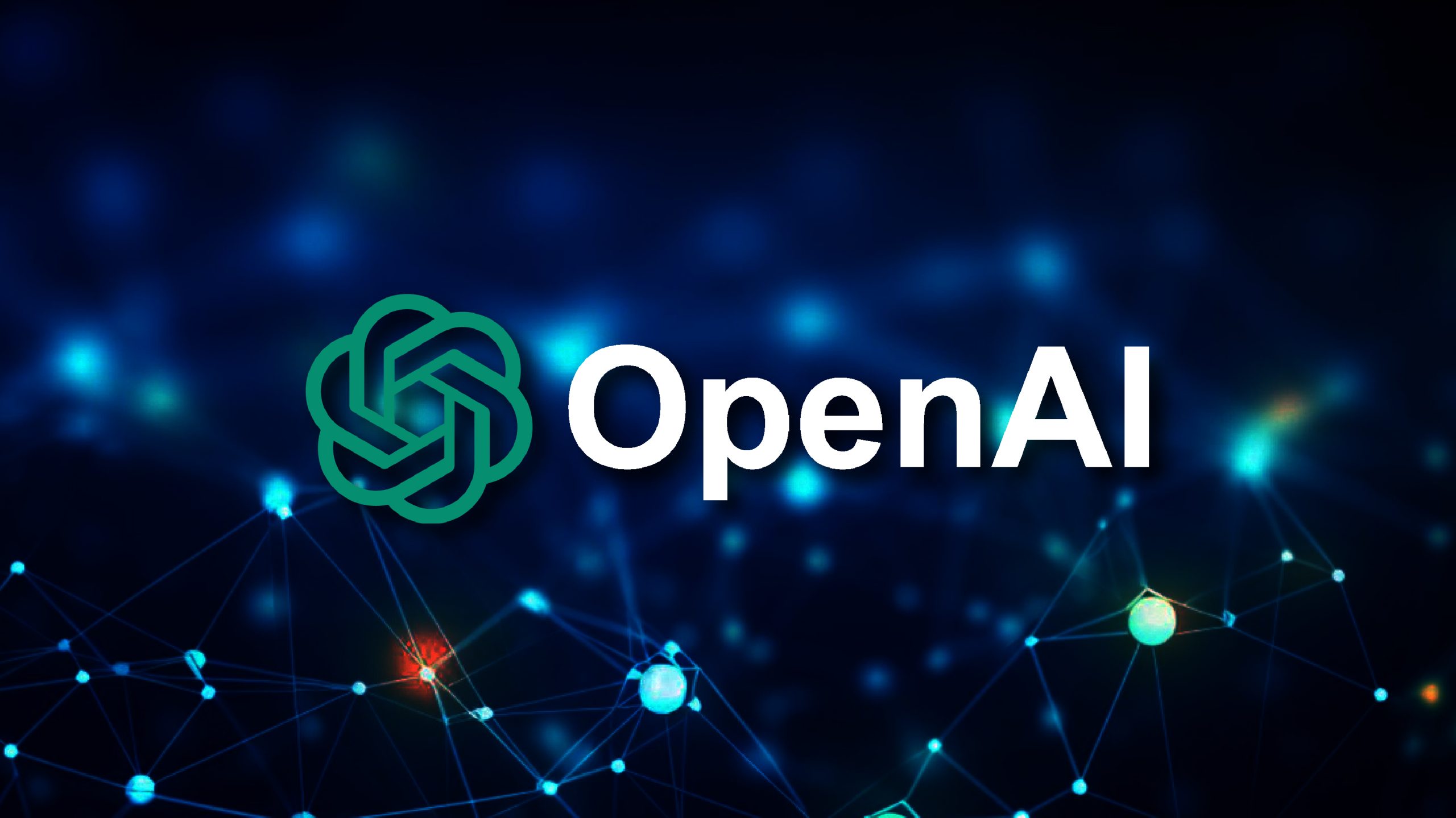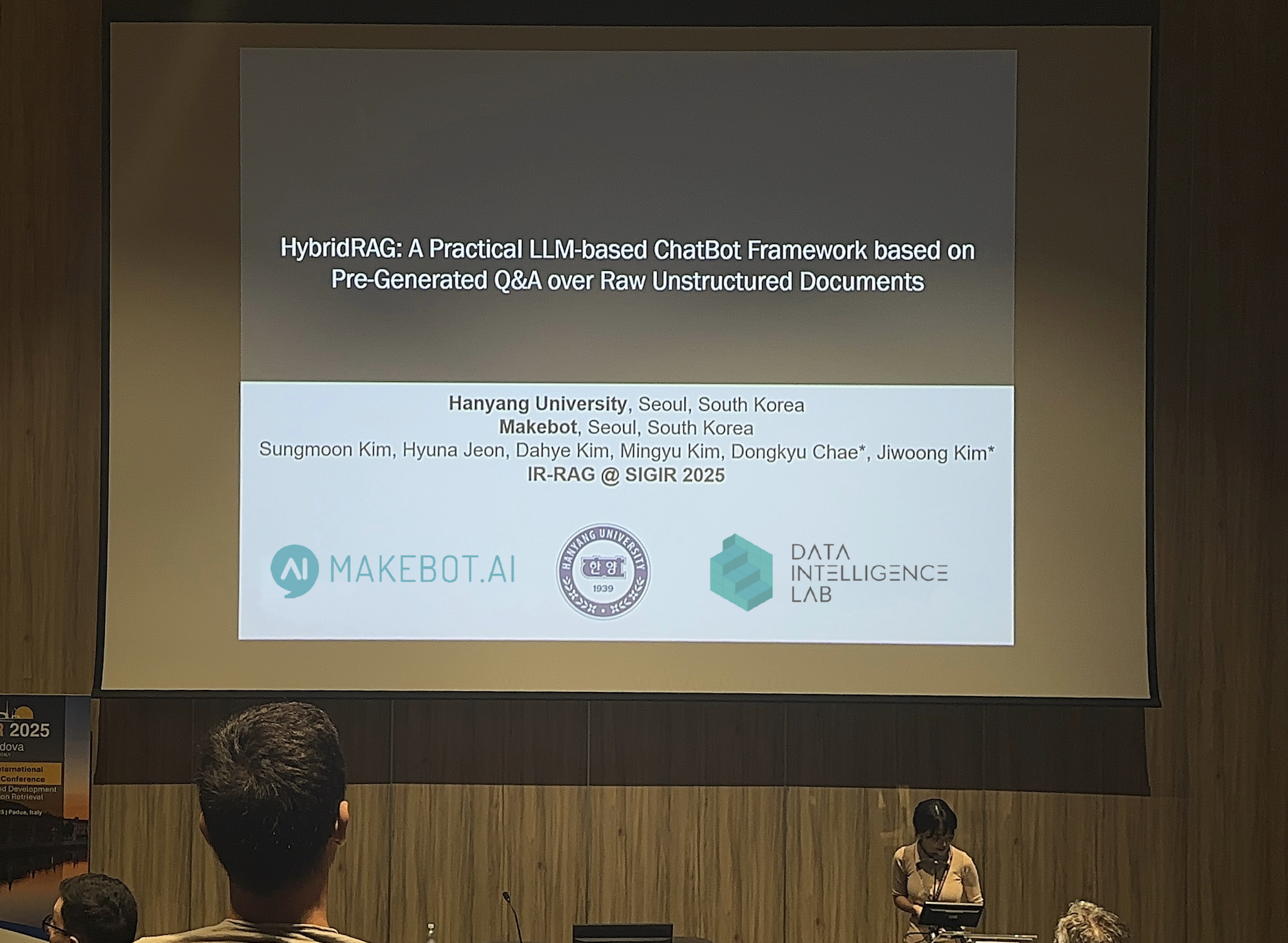Health System Execs Are Prioritizing AI
AI is reshaping healthcare and enterprise with real ROI, lower costs, proactive care, & smart scale.


How hospitals are shifting from reactive care to AI-enabled, proactive healthcare models
Healthcare leaders across the U.S. are reaching a rare point of alignment: artificial intelligence is no longer a future ambition—it’s a strategic imperative. Recent industry surveys reveal a decisive shift in executive priorities as hospitals grapple with mounting pressures such as affordability challenges, labor shortages, burnout, and the constant need for greater operational resilience.
Nearly nine in ten healthcare executives now say digital transformation and AI Solutions are essential to keeping their systems viable over the next five years.
This momentum marks a turning point. For years, health systems tried to solve structural challenges through incremental improvements. Today, executives recognize that incrementalism has reached its limit. What follows is a closer look at why leaders are placing AI at the center of their future strategies—and how it is reshaping the fundamentals of care delivery.
Why Generative AI Is a Key Component of a Responsible Business Model. Read here!

A Sector at a Tipping Point
According to multiple recent surveys, Healthcare Executives overwhelmingly agree that the current care model—reactive, fragmented, and often inaccessible—can no longer meet demand.
- 91% believe that their organizations must fundamentally transform operations within five years to remain sustainable.
- 61% say care is not affordable, and nearly 50% report inadequate access to primary and specialty care.
- Without significant change, executives expect workforce burnout, clinician shortages, and financial pressures to accelerate.
Leaders are especially concerned that traditional models will worsen without strategic modernization, prompting a clear industry message: now is the moment to commit to a digitally enabled future.
Why AI Is Becoming the Centerpiece of Health Strategy
The rise of Generative AI, advanced analytics, and automated tools has opened new possibilities for delivering care in ways that were previously impossible. Health systems increasingly view AI as the mechanism that can shift the entire sector from reactive treatment to proactive, data-driven healthcare.
Executives see high-value opportunities in three major areas:
1. Proactive, Predictive Care Delivery
More than 90% of hospital leaders prioritize using digital and AI Solutions to improve access, forecast demand, and personalize the patient journey. This includes:
- AI-backed triage and care navigation
- Predictive capacity and referral management
- Home-based care supported by digital monitoring
These capabilities help organizations fit resources more accurately to demand and serve more patients—without increasing clinical headcount.
2. Reducing Administrative Burden
Nearly all executives in recent surveys report plans to use AI to free clinicians from documentation and administrative tasks, enabling physicians to spend more time with patients. Examples include:
- AI-generated clinical documentation
- Automated message sorting and EHR inbox support
- Workflow automation in revenue cycle and scheduling
Hospitals already piloting these tools report meaningful gains in efficiency and reductions in burnout.
3. Strengthening Financial Resilience
AI’s ability to automate workflows, support back-office operations, and streamline revenue processes is increasingly viewed as essential.
- 75% of executives believe AI will reduce operational costs.
- Many systems now designate AI as a budget priority that grows faster than general IT spending.
In a financially constrained environment, AI is seen as one of the few investments capable of unlocking structural cost savings.
Deloitte: 75% of Healthcare Leaders Are Scaling Generative AI to Transform Care and Operations. Read here!
The Growing Role of Generative AI in Healthcare
Generative AI is transforming how hospitals think about intelligence, automation, and clinical support. It is already being used to:
- Draft patient-friendly explanations
- Summarize physician notes
- Analyze medical messages
- Structure complex patient data
- Assist in diagnostics and clinical decision-making
Survey data shows that:
- 75% of health system executives believe Generative AI will reshape the industry
- Yet only 6% currently have a full enterprise-level strategy in place
This gap between ambition and execution emphasizes the importance of structured adoption frameworks and governance.
Adoption Is Rising—but Challenges Remain
Even as enthusiasm grows, executives acknowledge persistent barriers:
- 49–68% cite data and privacy concerns
- Only 12–13% believe AI tools today are robust enough for high-stakes clinical use
- Many organizations lack mature governance structures for AI evaluation
- Only 30% of AI pilots make it to production due to integration, security, and workflow hurdles
These challenges reinforce the need for trusted AI partners, stronger governance, and more strategic alignment from the C-suite.

From Pilots to Systemwide Transformation
Health systems are moving beyond experimentation into intentional systemwide strategies. Leaders now emphasize:
- Multi-pillar AI governance frameworks
- Defined metrics for accuracy, bias, drift, and safety
- Clear ROI evaluation
- Clinician-centered design and transparency
- Co-development with trusted vendors
This new maturity signals the start of a shift from isolated pilots to scalable, enterprise-level implementation.
What This Means for the Future of Care
The next five years will define which health systems lead—and which fall behind. Size is no longer the primary competitive differentiator. The emerging markers of high-performing systems are:
- Digital-first patient experience
- Digitally enabled, proactive care delivery
- Operational agility powered by AI
Hospital executives are no longer asking whether AI belongs in healthcare—they are asking how fast and how safely they can scale it.
Showcasing Korea’s AI Innovation: Makebot’s HybridRAG Framework Presented at SIGIR 2025 in Italy. More here!
AI Is Now a Strategic Imperative
Across the industry, the consensus is clear: modern healthcare cannot meet future demand without embracing advanced technology and AI in Healthcare. Leaders are betting on AI not because it is trendy, but because the traditional model of care cannot sustain the pressures ahead.
Health systems that act now—building strong governance, targeting high-impact use cases, and prioritizing proactive care—will be the ones shaping the next era of healthcare innovation.
AI is no longer an add-on. It is the foundation of the health system of tomorrow.
Makebot: Your Partner in Healthcare-Ready AI Transformation
As health systems urgently move from exploration to execution, Makebot bridges the gap between AI ambition and real operational impact. While many organizations struggle with integration, governance, and scaling AI beyond pilots, Makebot delivers industry-specific LLM agents and fully managed AI Solutions designed for healthcare’s complexity—already trusted by leading institutions like Seoul National University Hospital and Gangnam Severance Hospital.
With ready-to-deploy platforms such as BotGrade, MagicTalk, MagicSearch, and MagicVoice, plus globally recognized technology like HybridRAG (showing a 26.6% accuracy lift and up to 90% cost reduction at SIGIR 2025), Makebot helps hospitals accelerate from PoC to production with confidence. Generative AI is no longer optional—it's the next growth engine. Makebot ensures your system adopts it safely, strategically, and at scale.
👉 www.makebot.ai | 📩 b2b@makebot.ai





.jpg)

.png)




















































_2.png)


















.jpg)



















